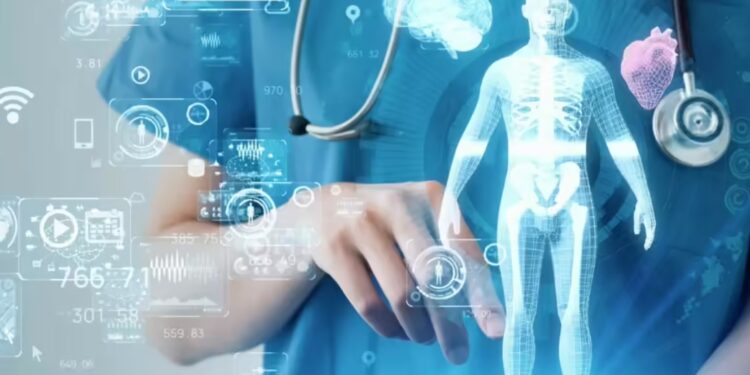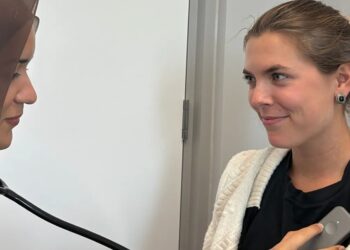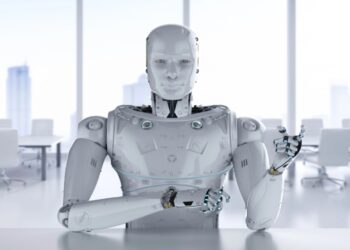While artificial intelligence is poised to transform healthcare, a new study in The Lancet Gastroenterology and Hepatology has raised a serious concern: the potential for AI to “deskill” doctors. The research, which focused on colonoscopy procedures, suggests that over-reliance on AI tools could lead to a decline in a clinician’s core diagnostic abilities.
The study, conducted across four colonoscopy centers in Poland, found a notable decrease in the adenoma detection rate (ADR) among endoscopists after the introduction of AI-assisted systems. The ADR, a key quality indicator for colonoscopies, dropped from 28% to 22% in non-AI-assisted procedures performed by the same doctors. This represents a 20% relative reduction and is the first real-world evidence of AI’s negative impact on a healthcare professional’s ability to perform a patient-relevant task without technological support.
Dr. Marcin Romańczyk of the Academy of Silesia, a co-author of the study, highlighted the urgency of the findings. “Our results are concerning given the adoption of AI in medicine is rapidly spreading,” he stated. The researchers attribute this phenomenon to a natural human tendency to over-rely on decision-support systems, which can make clinicians less focused and less confident in their own judgment. This “Google Maps effect,” as some experts have termed it, means that when the AI assistance is removed, doctors may be less prepared to handle the task on their own.
However, not everyone agrees on the severity of the risk. Dr. Vidur Mahajan, CEO of CARPL.AI, a prominent AI platform, argues that the focus should be on how AI can elevate the average doctor’s performance to the level of the world’s best. He compared AI in medicine to a driver using GPS, suggesting that embracing the technology’s advantages is inevitable.
The study underscores a critical and complex dilemma facing modern medicine. While AI holds immense promise for improving diagnostics and treatment, its rapid adoption requires a careful balance to ensure that technology serves as a partner, not a replacement, for irreplaceable human expertise.
















